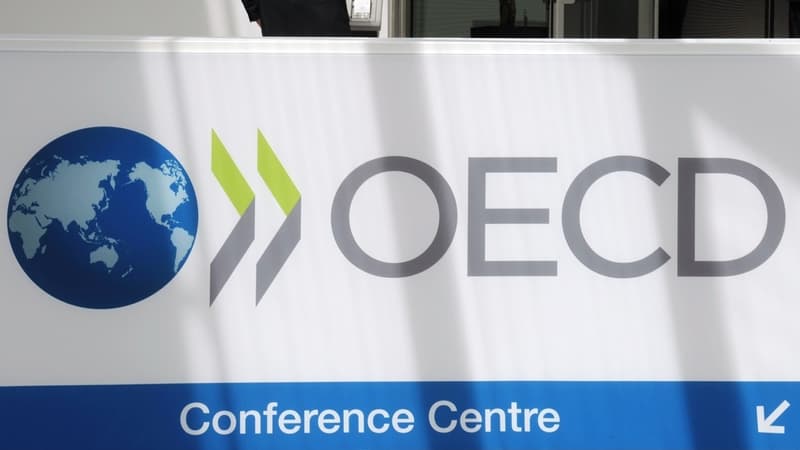The lack of international coordination to impose a reform in the taxation of multinationals poses “risks of tax evasion”, fears the OECD in a report published this Thursday with new data.
Signed by a hundred countries under the auspices of the international institution based in Paris at the end of 2021, the agreement on the minimum taxation of companies and a better distribution of rights to tax these groups is slow to be adopted due to blockades in certain regions including Europe.
However, “new data from the OECD highlights the risks of tax evasion” by these large groups, the OECD warned in the latest annual edition of its corporate tax statistics, published on Thursday.
Problematic situation
According to their analysis, carried out in 160 countries and jurisdictions and incorporating country-by-country declarations of the activities carried out by nearly 7,000 multinational companies, the average turnover achieved per employee is abnormally higher in jurisdictions that apply a zero tax rate to companies compared to to which they apply a positive rate.
The median value of turnover per employee is thus $2 million where the income tax rate is zero, compared to “barely” $300,000 in jurisdictions where it is greater than zero, the OECD calculated.
The international organization also shows in its report that the detailed analysis of the billing of the groups located in the investment centers, in comparison with the groups located in other places, gives indications of potential practices to exploit the mismatches between the tax systems.
The situation is even more problematic according to the OECD since corporate taxes “remain an important source of tax revenue for most countries, particularly in emerging market and developing economies.”
hungary blocks
It is on average 18.8% of total tax revenue in Africa, 18.2% in Asia-Pacific and 15.8% in Latin America and the Caribbean, compared to 9.6% in member countries. OECD, which includes mainly developed countries.
While Hungary is blocking the adoption of the reform on the minimum taxation of multinationals at the EU level, five European countries, including France and Germany, affirmed in September their willingness to introduce the minimum tax of 15% on the profits of multinationals to from 2023.
The global minimum tax is only one part, called pillar 2, of the OECD agreement. The first pillar, which is especially aimed at digital giants, provides for the taxation of companies where they obtain their profits in order to put an end to certain tax evasion practices. It requires an international agreement that is not yet finalized.
Source: BFM TV


